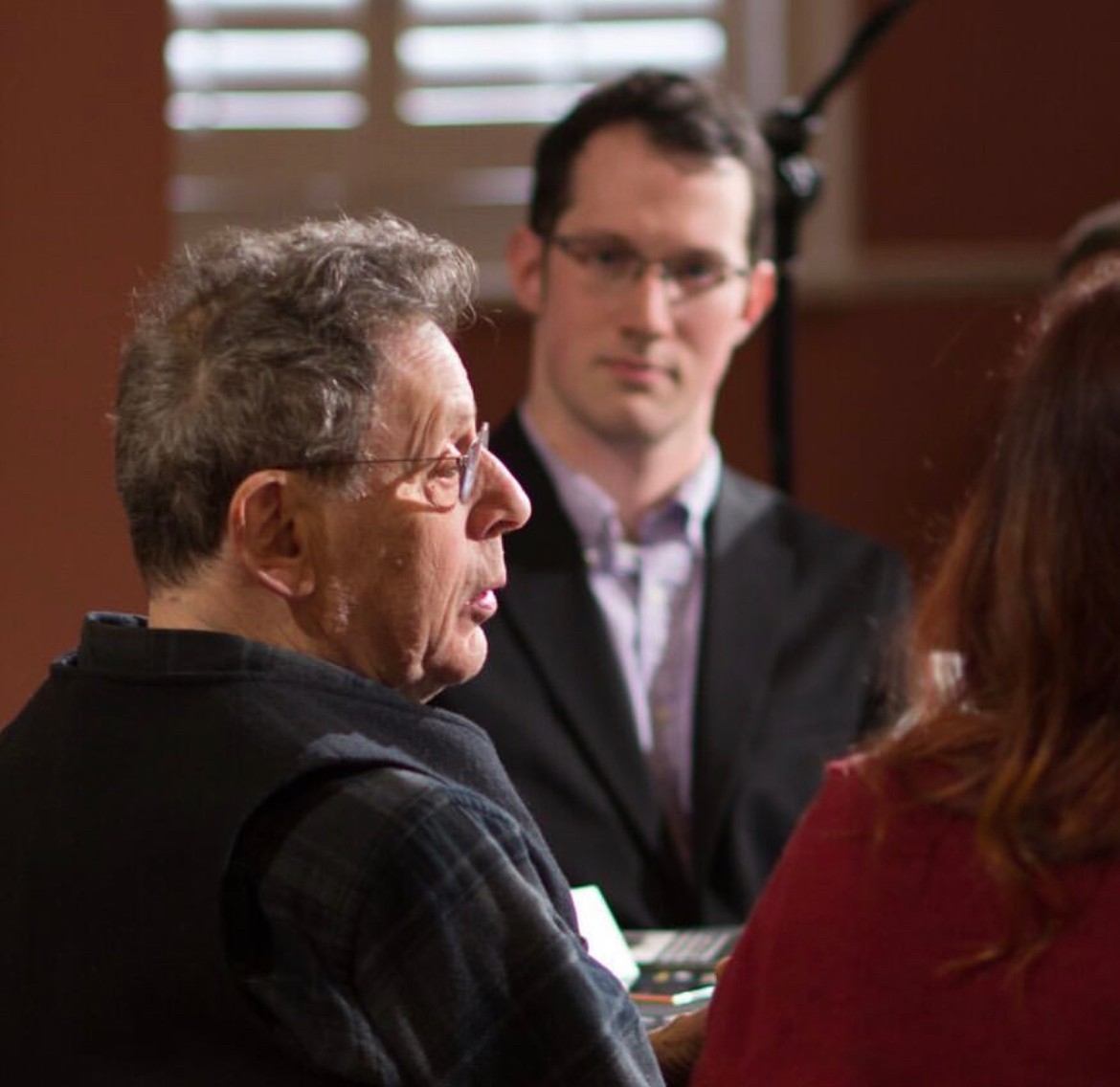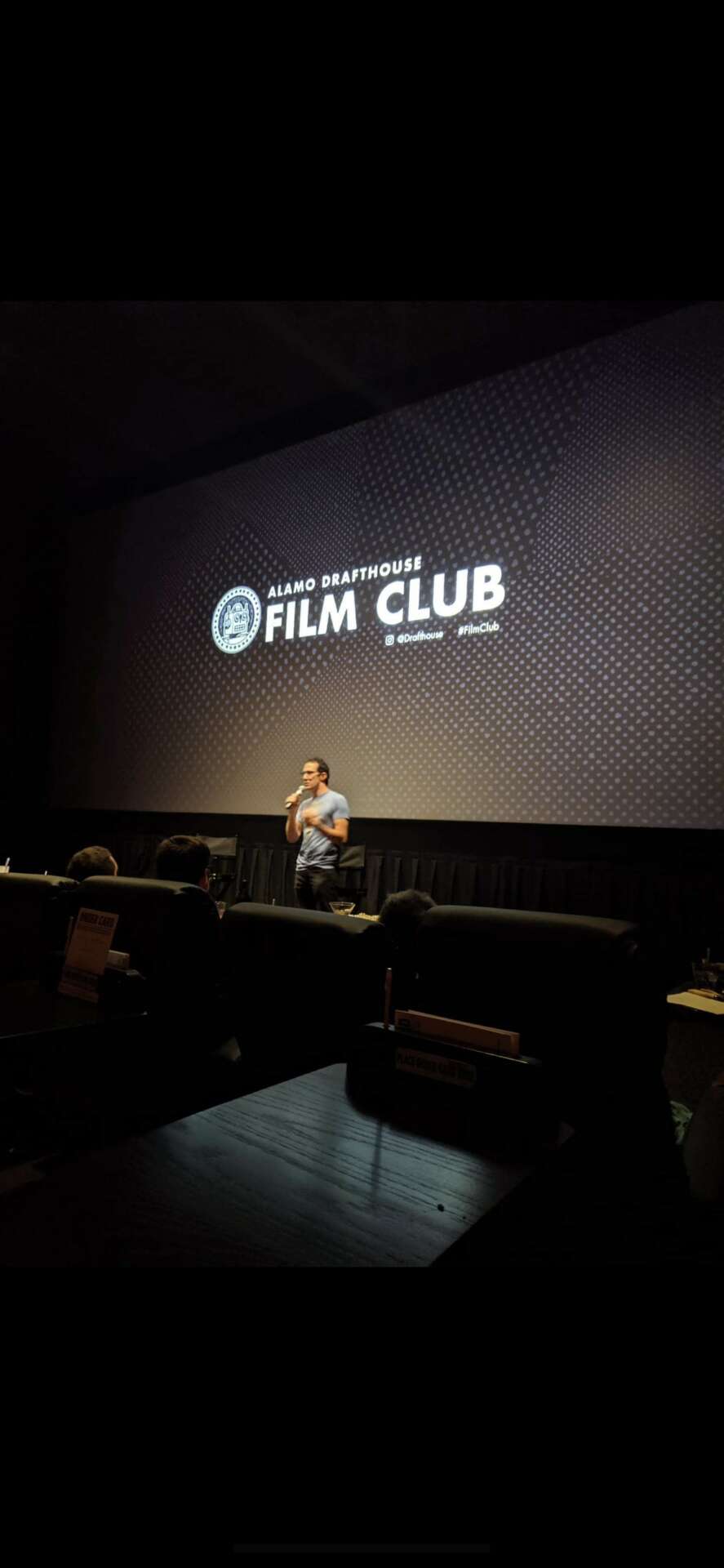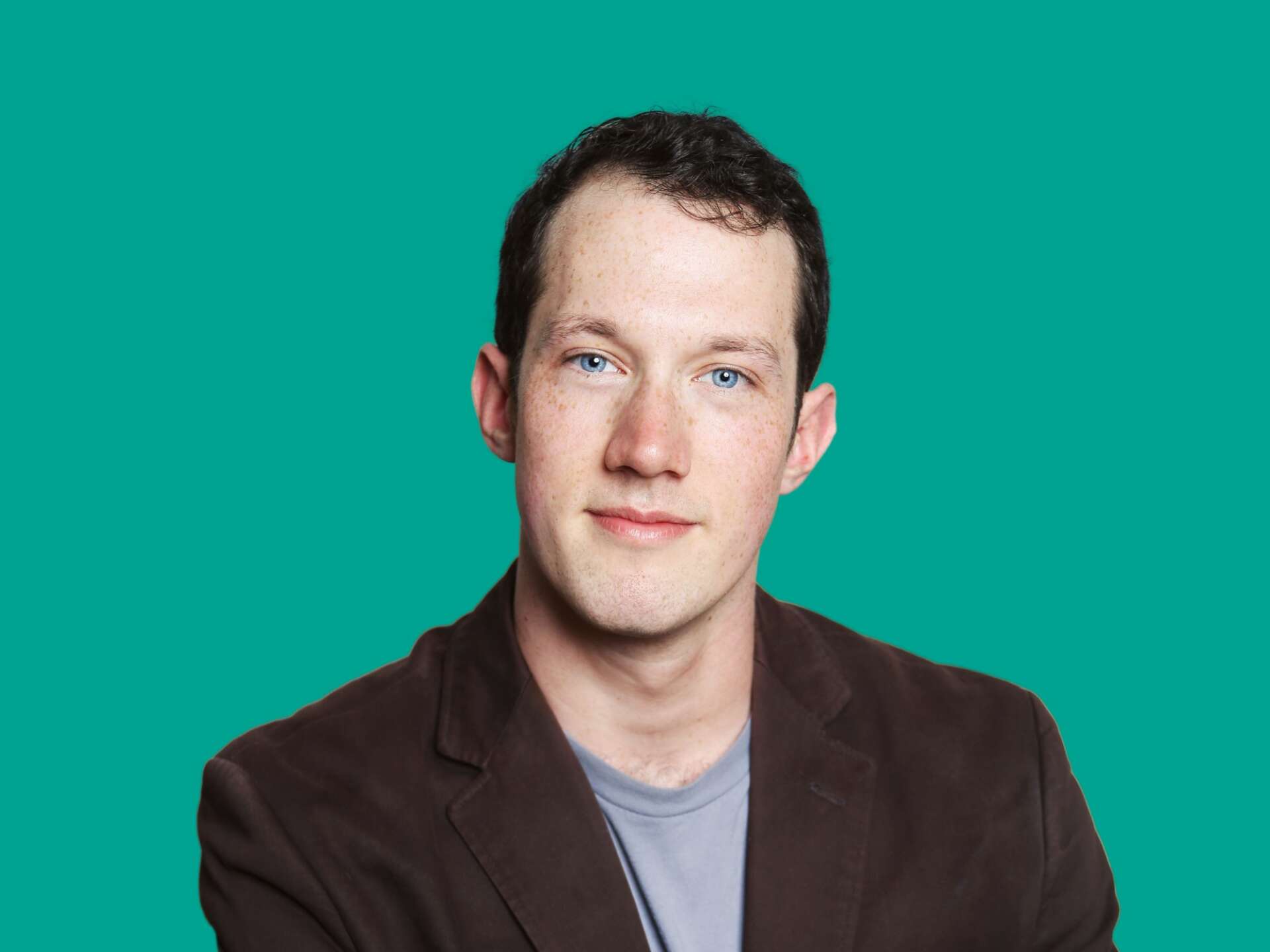We caught up with the brilliant and insightful Jackson Cooper a few weeks ago and have shared our conversation below.
Jackson , thanks for joining us, excited to have you contributing your stories and insights. Earning a full time living from one’s creative career can be incredibly difficult. Have you been able to do so and if so, can you share some of the key parts of your journey and any important advice or lessons that might help creatives who haven’t been able to yet?
I have been incredibly lucky to have worked in the arts.
I grew up pre-TikTok and influencers when most of the culture considered a job in the arts as a Plan B: something that you did on the side to make a little extra money or fulfill you like a hobby . I was incredibly lucky to have parents who saw the value in pursuing the arts, especially the business of the arts, which I was already interested in starting at age 15.
I also knew that the arts were a sector that was very project based and that you always had to be ahead of the next project to be successful, but that that could lead to burnout. What was more important to me than having many projects was working with people that I wanted to work with. The more active I was in curating projects and experiences where I got to work with people who I wanted to work with or do projects that fulfilled me was more important than finding projects that paid me. There is a learning curve, though. Your first 2 to 3 jobs when you first start outwill you will be making little to no money and finding your people, These are very important and meaningful experiences though because that is where you really get to learn skills that you are good at, as well as skills that you can maybe work on. In addition, you get to really learn What kind of people you want to collaborate with and what gets you excited. Creative people learn first and then create from what we learn. It is not just skills; it is what you learned from your environment. It is what you learn about yourself, what you learn about your boundaries and what collaboration looks like was very stubborn early in my career when I thought that if I got a part time job in the service industry, for instance, I was selling out in some way because I was not Pursuing creative work or artistic work as a full-time endeavor. There are two kinds of jobs: The jobs that you can do and the jobs that fulfill you. Ideally, we are striving for a combination of both, but it is OK to have two jobs that do one or the other. I am always in favor of somebody doing something a little more practical, like a service industry job or digital marketing as a way of funding artistic and creative pursuits.
Another thing that I learned early on was that if you are going to make a living as a creative, you really should be seeking help when it comes to managing your personal finances and establishing good financial habits. In college, I minored in business administration, so I had a lot of tools About how to manage my own personal cash flow and such, but I did not take advantage of a lot of resources such as student loan debt relief or Tax help for artists that many national organizations such as United Way, Americans for the Arts, and the others were offering creatives and artists. Many of us pursue income through these national organizations, such as grants and funding but creative people often forget that managing their own money can also be very overwhelming. So, I encourage people who are thinking about making a living as a creative full time to really take advantage of the personal finance, retirement, and services that organizations offer to people who are freelancers. To have the freedom of financial security while you are trying to pursue this work is extremely important.


Awesome – so before we get into the rest of our questions, can you briefly introduce yourself to our readers.
Curiosity really led me to being open about learning from new experiences. I started interning when I was in high school with arts organizations in their offices, while also being a working artist. In college, I was very much an entrepreneur and crafted a degree through the Theatre department and Business Administration departments, that became an Arts administration degree. Immediately after graduating at age 23, I became an Executive Director. I always had a self-starter mode, and I always had a full-time job in the arts on the business side and then pursued creative projects on the side.
That was grounded in a philosophy that my life was about “the audition table”. This means that when an actor walks into a space, there is a group of people sitting behind the audition table who are looking for something specific that the actor has a general idea about. The people on the other side of the table need to understand all the preparation that an actor goes through to prepare for an audition, while the actor also must understand that they may or may not be right for the part, but it is nothing personal. I always wanted to learn about what it was like to be on both sides of the table so that when I was pursuing my own Projects and leading Teams through these processes by inherently understanding the needs that we are needed to balance
I consider myself a curator of people and experiences. I really love bringing people together, whether that is through a classroom, a film screening, a concert, through the power of performance and having conversations before and after the performance about what moved people and how they connected with piece of art. My first book, called A Kids Book About Kindness, was rooted within my work in the arts as an artist and my experiences in showing kindness in my process. And. Hearing about the exceedingly kind things that audiences and other artists talk about when they talk about the arts. That book is out now, and even though it is primarily targeted for children, I have found that a lot of creatives have benefited from reading it and found a lot of great lessons in it. Authoring books is a primary source of service for me, and I am also working on two books on fundraising. One of them will be published in 2027 through Columbia Business School Publishing that I am overly excited about, and I want to continue to find ways to do that. I can help elevate others as experiences through the power of the arts while remaining selfless and giving of space for people to bring in their own experiences and voice into the work that we do.



How can we best help foster a strong, supportive environment for artists and creatives?
It feels redundant to say this, but that the arts are a necessity, not a commodity. Society needs to completely understand that the arts contribute so much positive educational, economic, social Effects that It really does feel like the arts are the last unifying thing in our society, especially nowadays when we are all feeling so isolated and divided from one another.
Because the arts are seen as a luxury, the sector faces a perpetual deficit mindset: There is never enough money, there is never enough support, there is never enough anything. We really must change that by. Ensuring that the arts are sustainable, and that sustainability comes through the proper treatment and support of people and organizations, resources, whether that’s money or healthcare or education or professional development needs to be readily available to artists and supporters. From Public officials, corporations, and individuals in the community, this is a sector that relies on people giving to people and without that kind of support, the arts will continue to suffer, and it will be harder and harder for us to have the arts to rely on to create unity and move us forward as a society.
I feel like the arts sector can benefit from better expressing their message and programs to community partners who are not in the arts. City and public officials need to understand that the arts can be a way of showing people in a society the hard-pressed issues that are facing others today or elevating the stories of citizens in their cities and states. The more that we can activate the arts to create social good and to open conversations about social issues, the more successful we will be in ensuring the sustainability of the sector.
Are there any books, videos, essays or other resources that have significantly impacted your management and entrepreneurial thinking and philosophy?
Oh gosh, so many.
One of the first books I ever read was a book called Everything Is Possible by Ted Chapin. It followed his experience in working as a directing assistant on the Original Broadway cast of Stephen Sondheim’s Follies. It is one of the best Backstage Arts books I have ever read because he really does take you through the Process of producing a work and how Incredible of a feat it is to bring any show together, regardless of whether it is Broadway or community theater or an art exhibition. I often go back to that book because it truly is a book about collaboration and the way that Chapin documents conversations between the creatives in the book are Pretty incredible to read.
I also love to go back to Leonard Bernstein’s The Unanswered Question. They are seminal lectures that he gave in the 80s at Harvard That connected Science, humanities, and the arts together. Bernstein taught us what we can learn from these things when we open our eyes and notice that culture is the product of creation and connection as well as a response to itself. It is a riveting and dense read but when you begin to listen to how Bernstein connects these unconnected subjects, you realize that All culture is built on connection. Your mind is opened, and you become A more connected artist.
I read a lot of business books early on, but I love to recommend the book What Color Is My Parachute? especially Early versions of the book, because, In the pre-Internet days, this book really Taught people how to successfully plan their career and focus on different skills that can take them from one job to another. It really prepared me for Going out into the world and at least having a baseline knowledge of how working a job is and navigating a career path.
Then there is a book by Adrienne Marie Brown called Emergent Strategy which I Refer to Almost Weekly. It is an incredible book about the ways in which we can create real change through an idea of collectivism. It is becoming adopted increasingly in sectors like business and finance, but I Feel like it Especially resonant with people who are working in the arts. Finally, I love the Book AS A MAN THINKETH. It is a short read—You could read it in a night. I have not read a book that has made me reflect on my own values and leadership more than this one. It also grounded me in knowing that the way I live my life will show up in the spaces I go into, such as work, school, rehearsal. It taught me to always hold Values when I am pursuing any new space that I am in and to continuously grow as a human being so that I can show up more fully for others and myself.
Contact Info:
- Website: https://jcooperarts.com
- Instagram: Jackson.cooper.kindness
- Linkedin: https://www.linkedin.com/in/jcooperarts/


